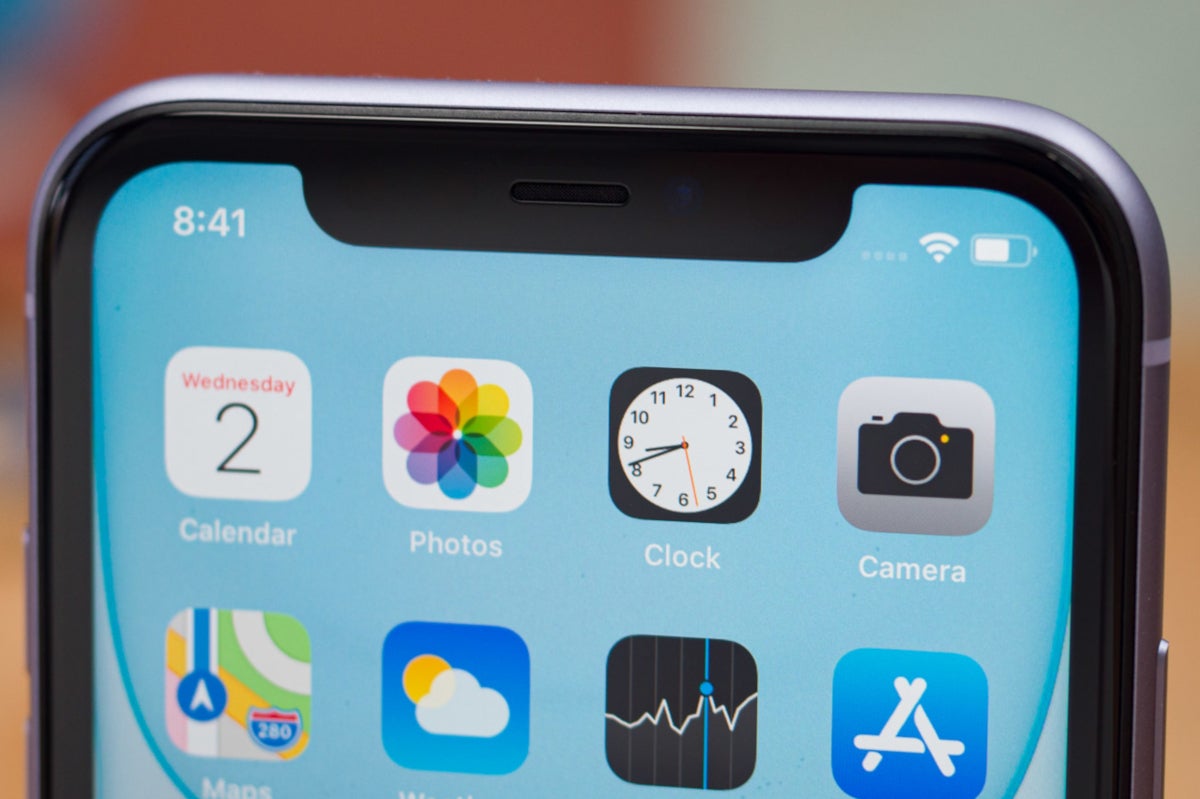
The figures looked brutal for Apple. An executive order signed by US President Donald J. Trump will prevent US companies from taking over all business with Chinese super-app WeChat starting in the middle of next month. Heavily used in China, more than 1 billion people rely on WeChat to browse, send and receive email, shop online, make mobile payments, and more.
Apple iPhone sales likely to take no hit in China based on Trump’s latest interpretation of the executive order

WeChat ban may not affect US companies in China
The reason why Trump signed the executive order is the same reason why the current administration is seeking to ban TikTok in the states and destroy Huawei, ZTE, and other Chinese companies. Every tech company from China is seen as an arm of the communist Chinese government, using its devices and components to spy on American consumers and corporations. There has never been a smoke gun that proves this and there is more to this policy than meets the eye.
It seems that now only government officials are really looking at the impact of the executive order on U.S. tech companies and other industries in the states. Those familiar with the discussion within the Trump administration warn that there are still discussions taking place over whether the White House will allow Apple and Google to list the app in their worldwide app stores outside the US. One person close to the situation said senior administration officials are in talks about the scope of the order, although what course of action they decide on could be overridden by the president.
Officials also state that the purpose of the executive order is not to shut down WeChat in the US immediately, instead the goal is to gradually eradicate the app by preventing it from being installed or updated on devices in the states . For example, travelers entering the US abroad may use the app but will not be able to update it. That means anyone from abroad who travels to the US for extended periods of time will eventually end up with an outdated version of WeChat that will not work.
Lobbyists in the US have worked hard to be heard by the administration and try to get them to understand the disadvantages of the executive order. Craig Allen, president of the US-China Business Council, said: “We talk to everyone who will listen to us. WeChat is a bit like electricity. You use it everywhere” in China.